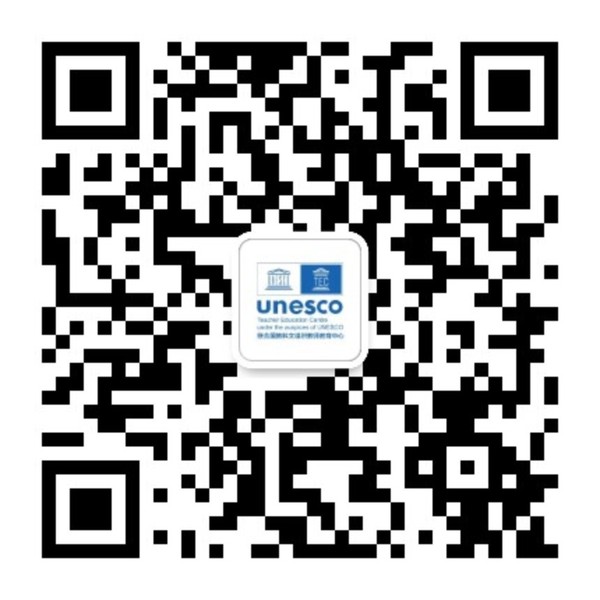On the morning of July 6, 2025, the Kazakhstan Regional Educational Leaders Training Program, co-hosted by the UNESCO Teacher Education Centre (UNESCO TEC) and Nazarbayev University, concluded successfully. Attending the closing ceremony were 25 program participants from the Ministry of Education of the Republic of Kazakhstan and regional educational authorities, Professor Hu Guoyong, Deputy Director of UNESCO TEC, Professor Ning Bo, Vice Dean of the College of Education at Shanghai Normal University (SHNU), and Dr. Guo Jing, Deputy Director (on secondment) of UNESCO TEC. The ceremony was chaired by Professor Ning Bo.
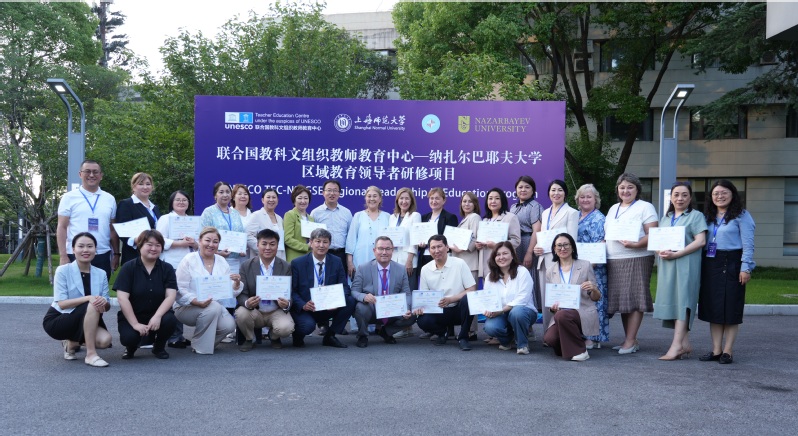
During the closing ceremony, representatives of the program participants delivered speeches in turn, speaking highly of the program’s professional depth, practical value, and open and inclusive atmosphere. Zhanyl Zhontayeva, Project Director from Nazarbayev University, on behalf of the Kazakh team, expressed sincere gratitude to UNESCO TEC for its meticulous organization. She stated that this training had laid a solid foundation for broader educational cooperation between China and Kazakhstan. Professor Hu Guoyong, Deputy Director of UNESCO TEC, fondly reviewed the history and achievements of exchanges and cooperation between the two sides, and expressed expectations for continuously deepening collaboration and jointly promoting innovative projects.
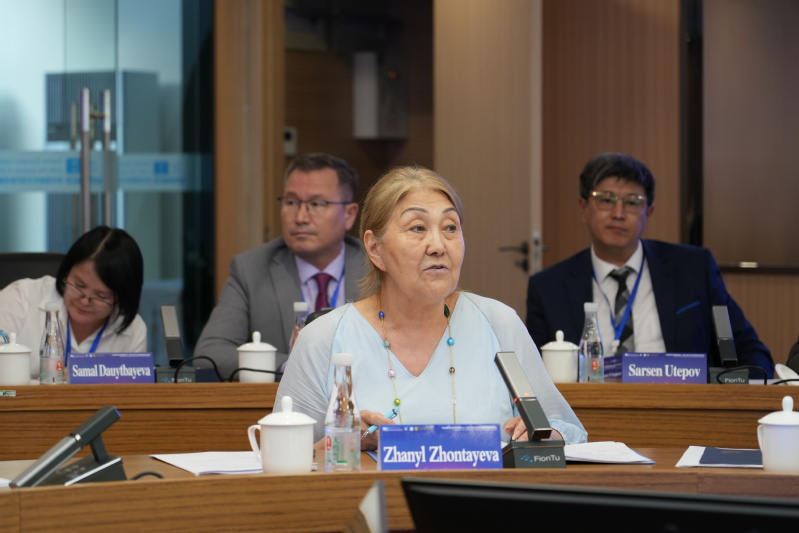
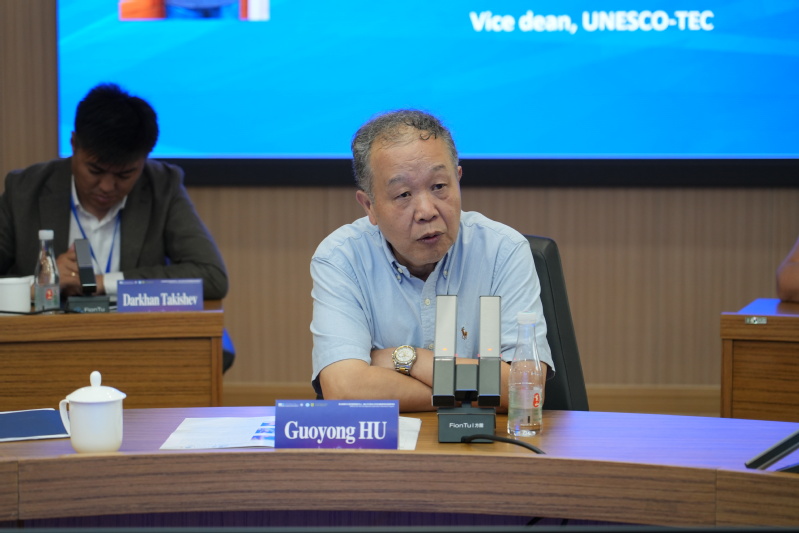
Finally, all attendees witnessed the presentation of completion certificates, bringing the training program to a successful conclusion.
This training program created a platform for exchanges integrating professional dialogue, experience sharing, and exploration of solutions for digital transformation. China and Kazakhstan engaged in in-depth discussions on AI-empowered educational development, providing Kazakh regional education administrators with a space to learn about Shanghai’s experience, perceive innovative concepts, and explore localized pathways.
At the themed forum Regional Education Reform and Development, Dr. Guo Jing focused on the current status of Shanghai’s basic education, sharing its achievements and experiences. Heads of regional educational authorities in Kazakhstan, including Samal Aitkazina from Pavlodar Region, Ainagul Baltasheva from Akmola Region, and Sarsen Utepov from East Kazakhstan Region, successively shared Kazakhstan’s progress in educational reform and practical cases.
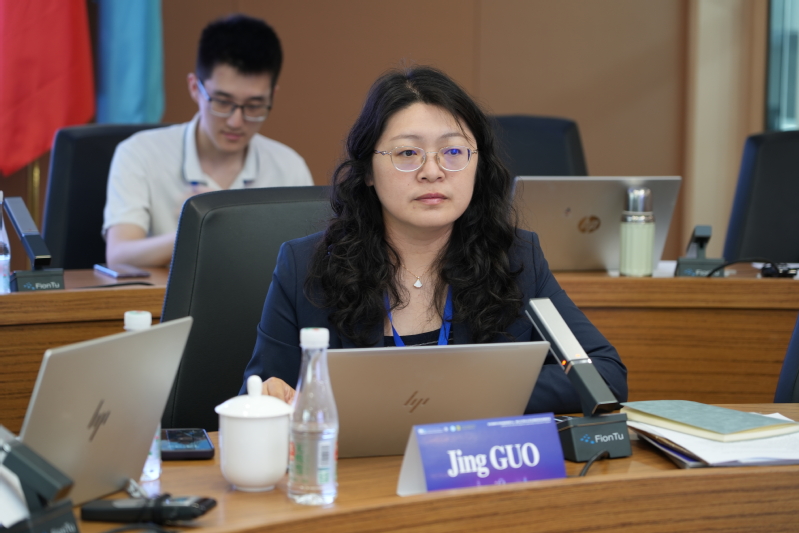
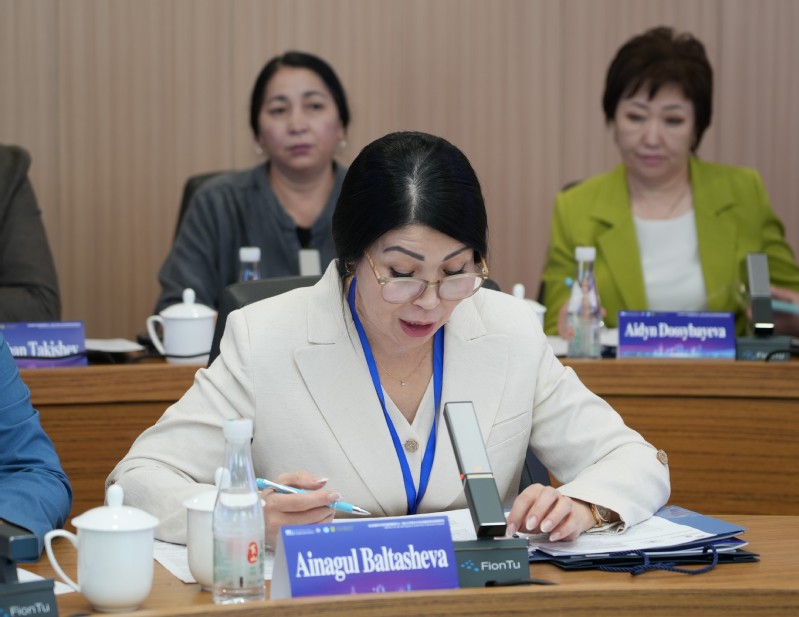
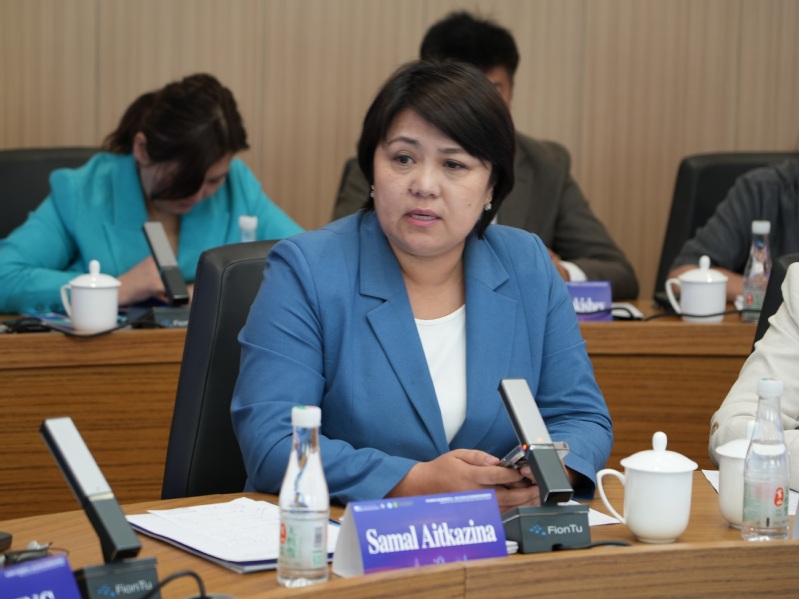
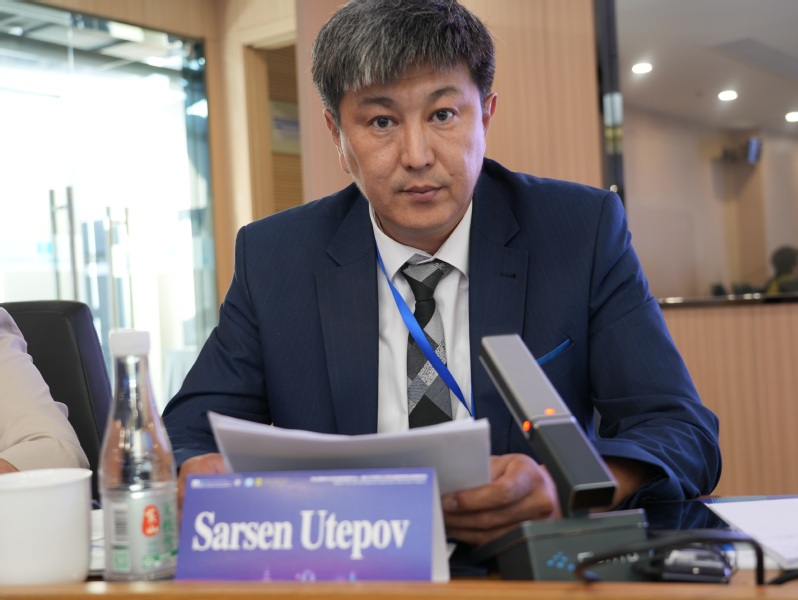
The themed forum AI-Empowered Educational Development centered on three topics: AI Empowering Educational Governance, AI Empowering Student Learning, and AI Empowering Teacher Growth.
In the sub-forum AI Empowering Educational Governance, a delegation from the Tianjin Primary and Secondary School Teachers’ Continuing Education Center showcased Tianjin’s advanced experience and typical practices in applying AI technology to empower school education and governance innovation in basic education schools. Shares by Qu Wei, Principal of Tianjin Huiwen Middle School, Shi Jianhua, Deputy Director of the Research and Information Department of Yaohua High School, and Chai Chen, Vice Principal of Yueyangdao Primary School in Heping District, triggered heated discussions among Kazakh representatives on core issues such as digital equity and talent cultivation. Gulnara Iskakova, Head of the Preschool Education Department of the Ministry of Education of the Republic of Kazakhstan, Gulsim Urazbayeva, Head of the Kostanay Regional Educational Authority, and Bagit Sherkeshbayeva, Head of Atyrau Institute of Applied Technology, shared Kazakhstan’s AI-integrated educational governance projects and future visions.
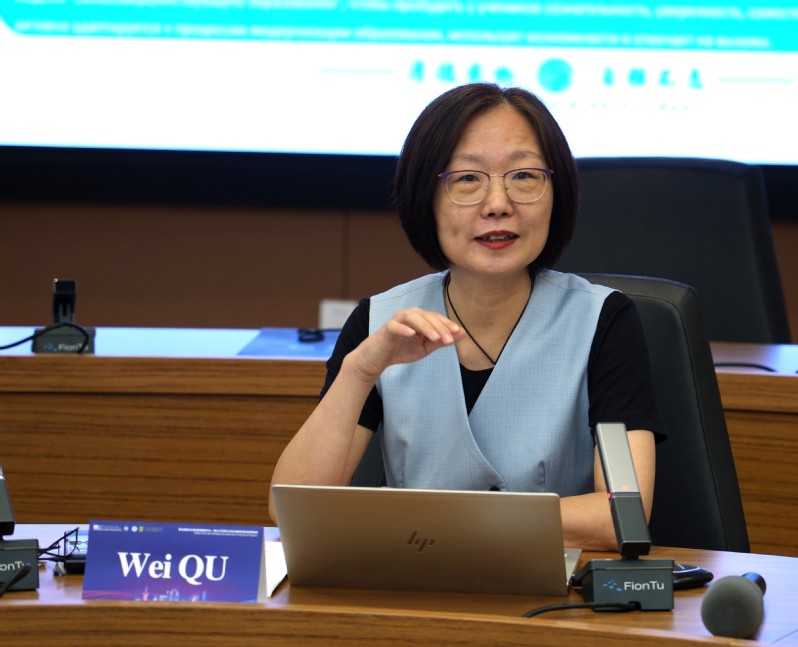
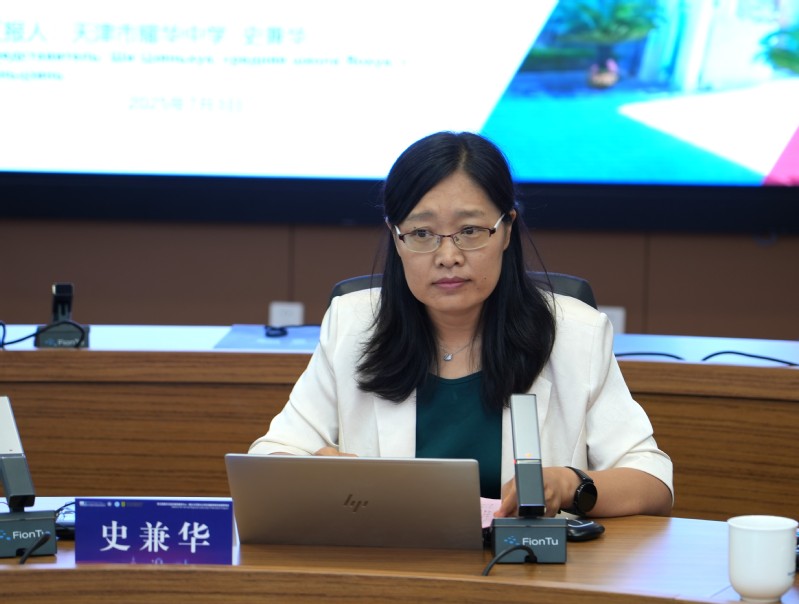
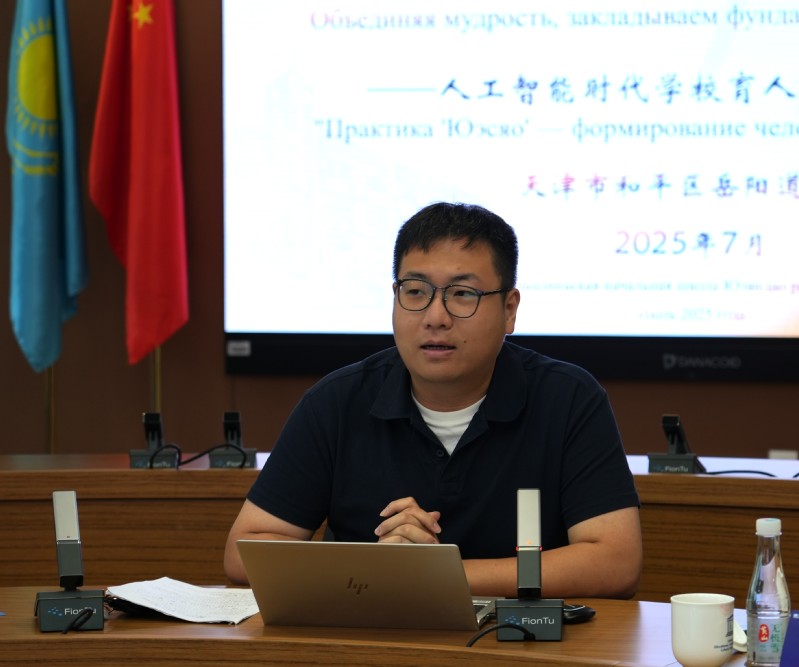
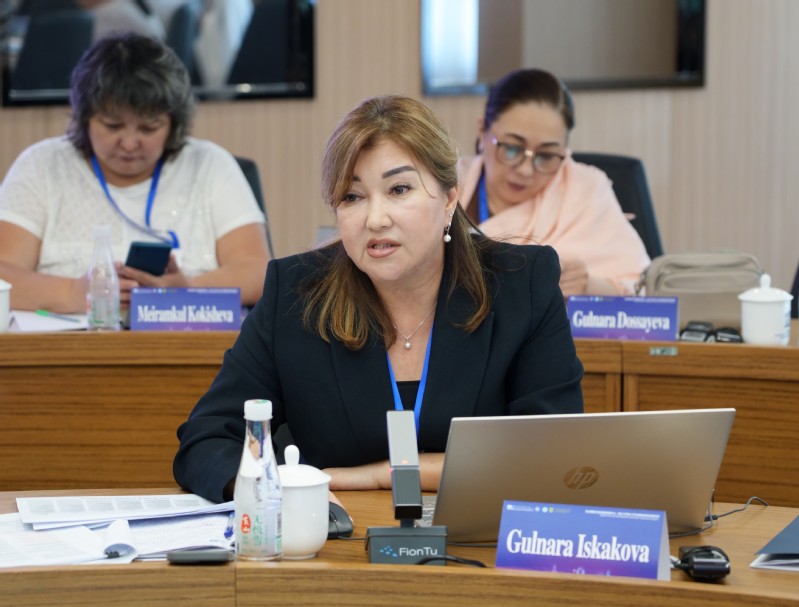
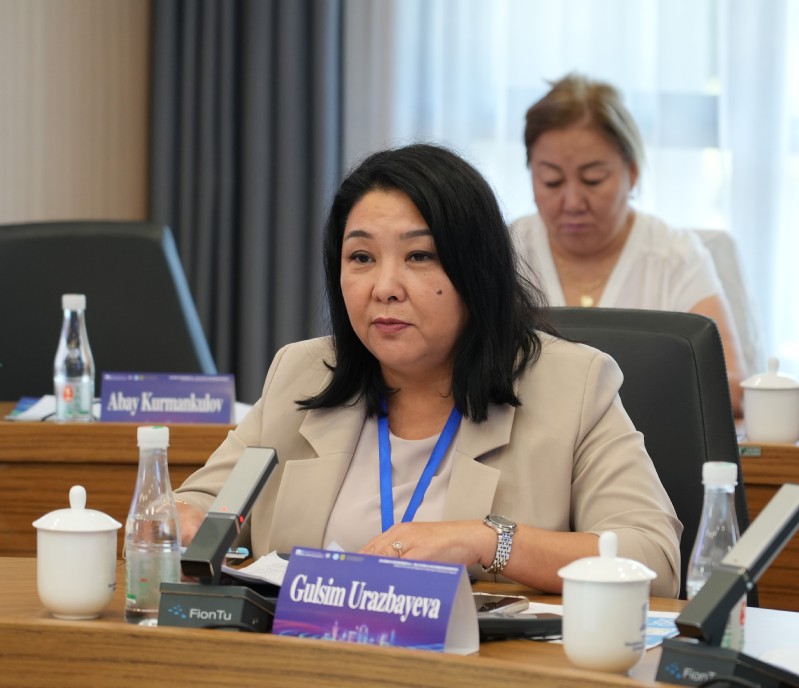
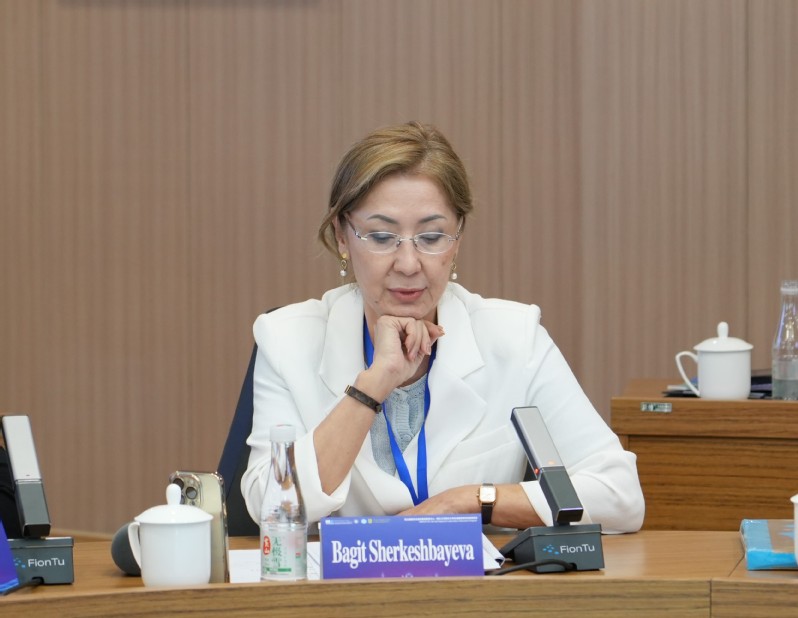
The sub-forum AI Empowering Student Learning was held at Jinshan District No.1 Experimental Primary School. Sun Fangbo, Deputy Director of Jinshan District Education Bureau, Chen Dafang, Deputy Director of Jinshan District Youth Activity Center, and He Yuanying, Principal of Jinshan District No.1 Experimental Primary School, respectively introduced the district’s experience in AI-empowered education reform, the characteristics of the Lego Education in Schools project, and innovative practices in school-based digital intelligence classrooms. This allowed program participants to experience firsthand the educational ecosystem where technology is deeply integrated in Shanghai’s basic education schools.
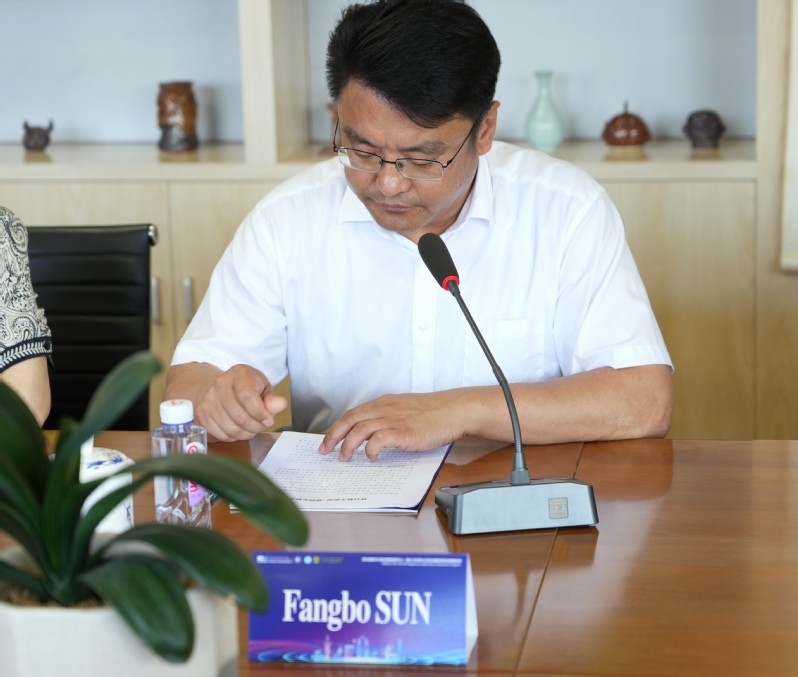
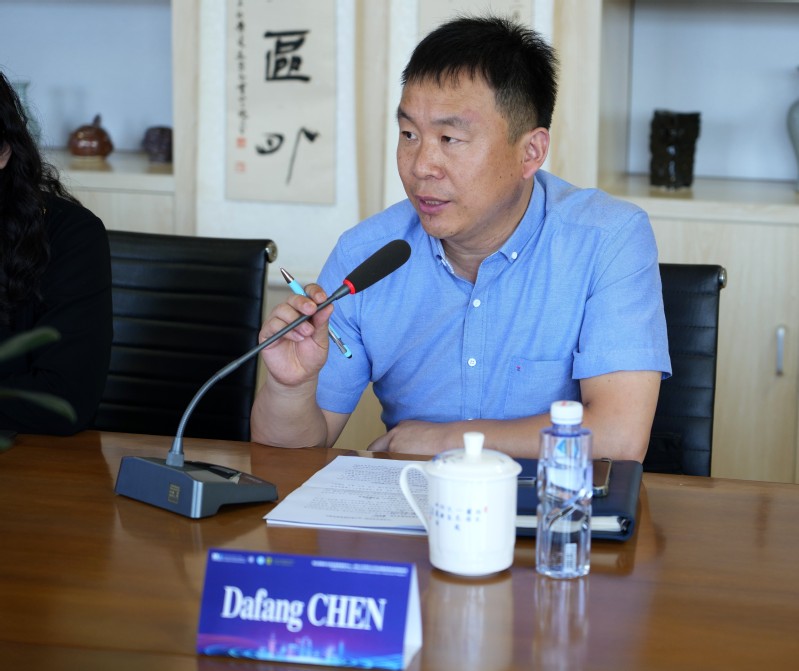
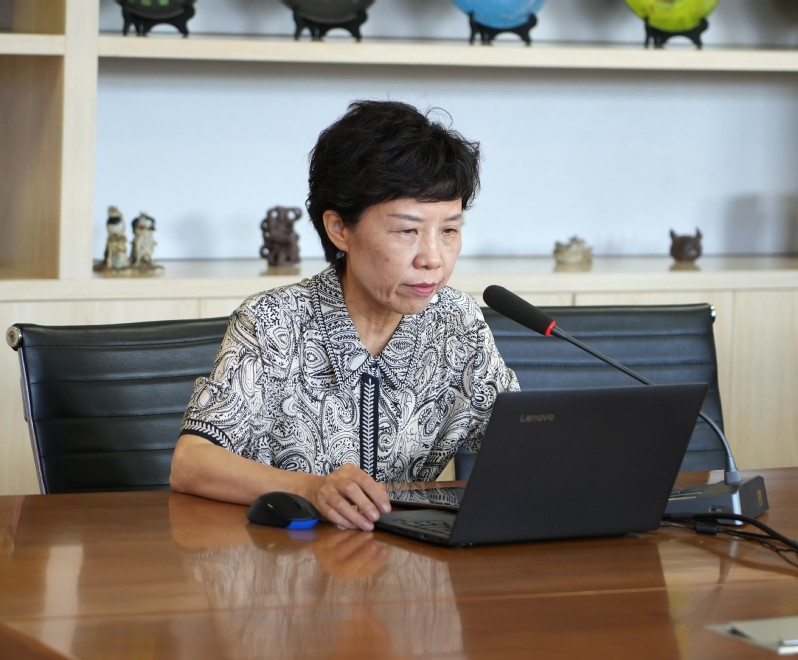
The sub-forum AI Empowering Teacher Development explored innovations in future-oriented teacher training methods. Professor Chen Xiangdong from East China Normal University revealed the impact of large AI models on teacher-student learning and educational management from the perspectives of cognitive mechanisms, epistemology, psychological theory, and socio-cultural systems, and depicted a vision for teachers’ continuous professional development in the future. Xie Zhongxin, Director of the Education Information Center of Pudong Institute for Education Development, brought the discussion into the practical field, detailing regional strategies to enhance teachers’ AI literacy. Zhang Ruiqing, Principal of Primary School Affiliated to Pumin Normal School, shared the school’s experience as a regional Smart Campus pilot school and one of the first AI education cultivation schools in creating an innovative environment and encouraging teachers to experiment with new technologies. Representatives from both sides engaged in in-depth exchanges on issues such as upholding educational values in the AI era and addressing educational equity and ethics.
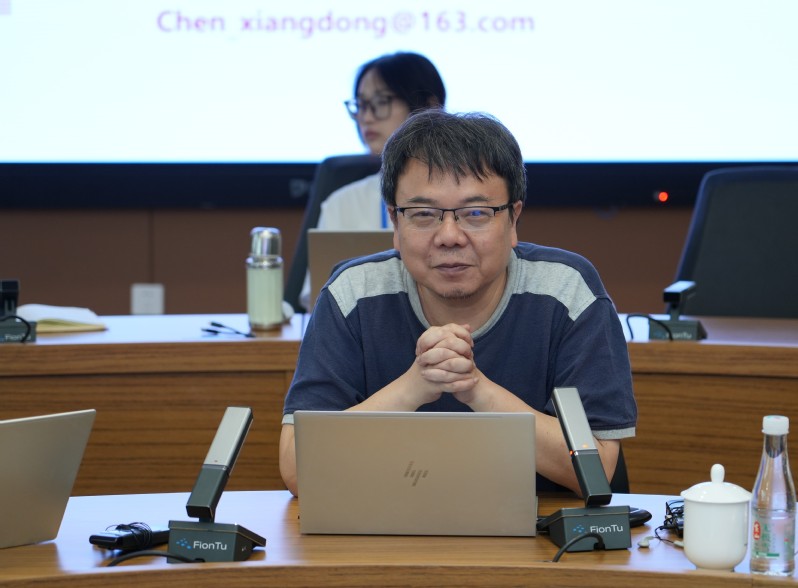
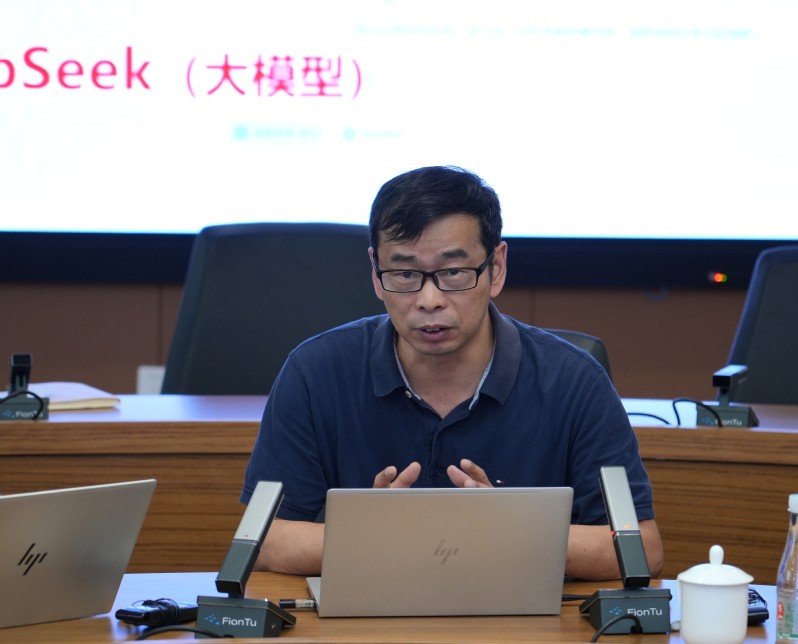
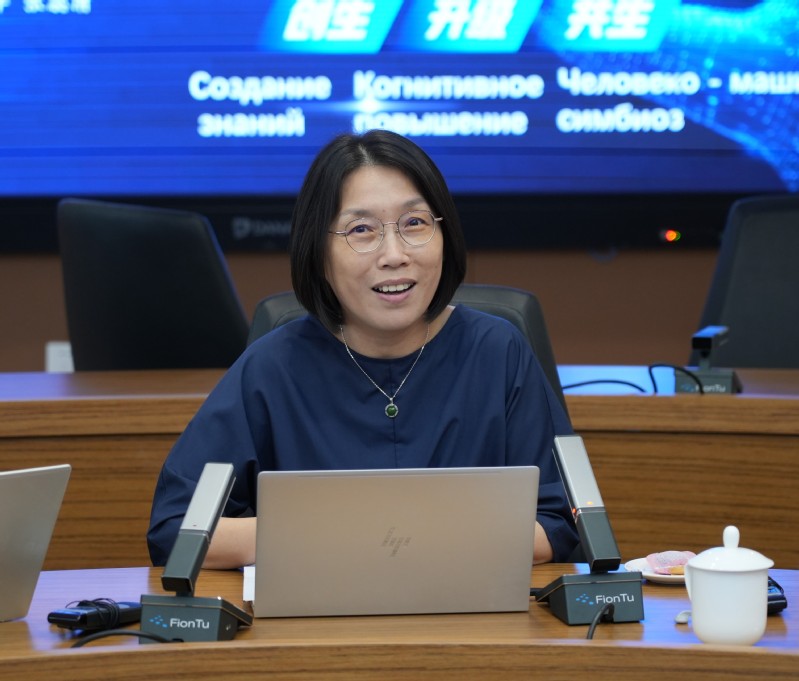
In the special session China-Kazakhstan Educational Supervision Dialogue Conference, Professor Ning Bo delivered a speech titled Reform and Development of Basic Education in New Era China, explaining the connotation and pathways of China’s drive to build a powerful education nation, starting from the achievements and challenges of China’s education in the new era. Professor Zhang Ruitian, Distinguished Professor at Shanghai Educational Supervision Research Center, spoke on Development-Oriented Supervision and Evaluation Promoting High-Quality School Development, systematically introducing Huangpu District’s experience in building a new governance pattern and strengthening the professionalization of supervision. Dr. Wang Maohua, Deputy Director of the Teacher Education Research Department of Shanghai Teacher Education College, delivered a speech titled Introduction to Shanghai’s Green Index for Compulsory Education Quality Evaluation, elaborating on the policy measures and practices of Shanghai’s basic education evaluation reform. Bakytgul Massalimova, Head of the Educational Quality Assurance Bureau of Abai Region under Kazakhstan’s Ministry of Education, introduced the national educational quality monitoring mechanism and core tools. Svetlana Beloussova, Principal of Kostanay City Physics and Mathematics Secondary School, shared the school’s experience in establishing an internal monitoring system and digital archive management for the teacher development platform (USTAZ). During the interactive dialogue, representatives from both sides fully discussed the goals, values, and practices of educational evaluation and quality monitoring.
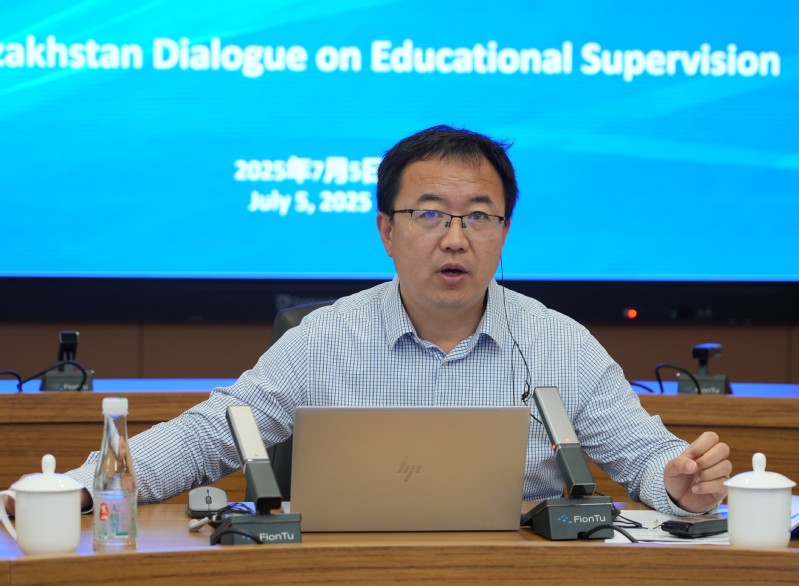
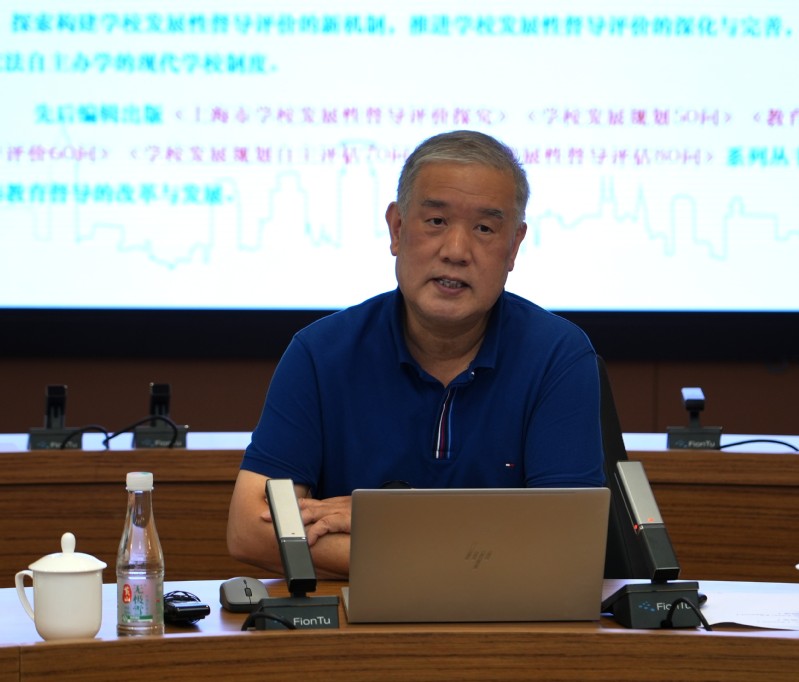
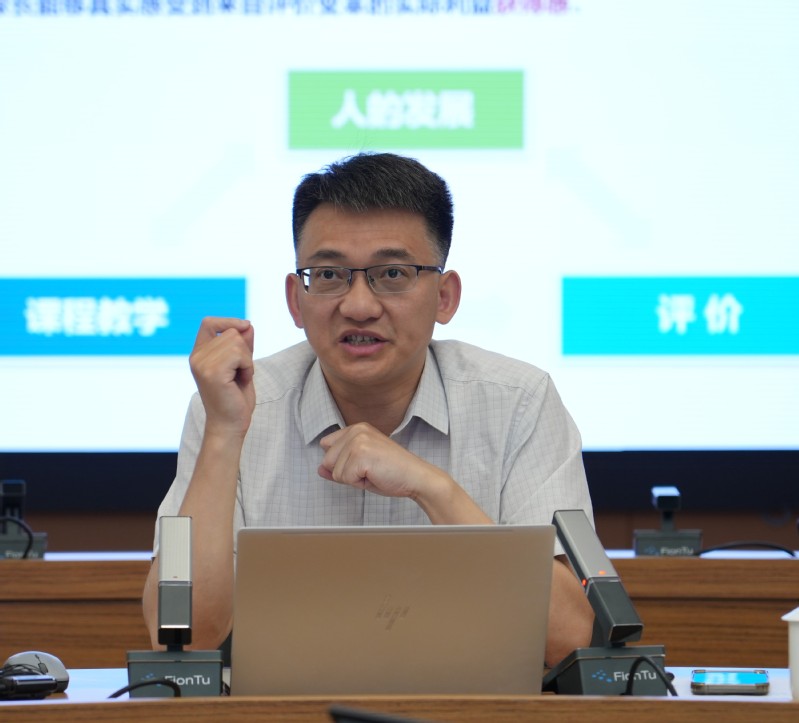
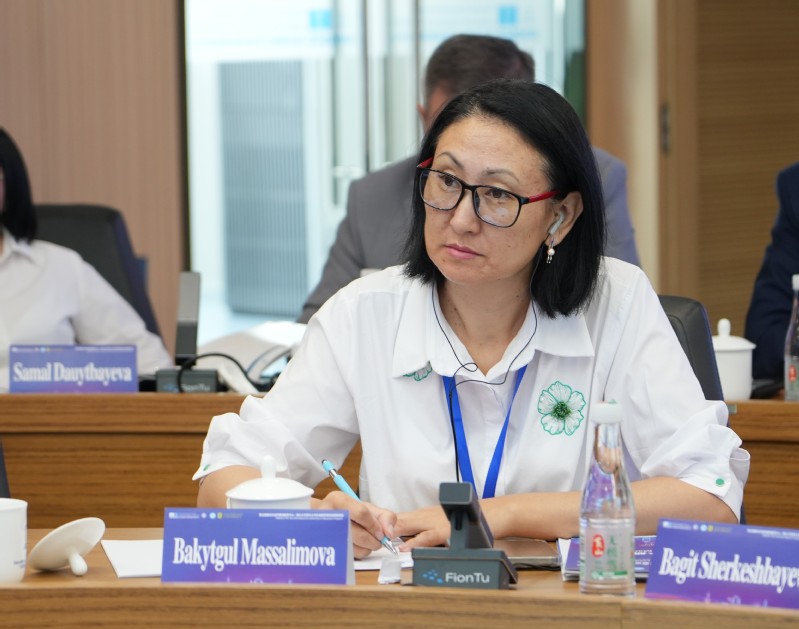
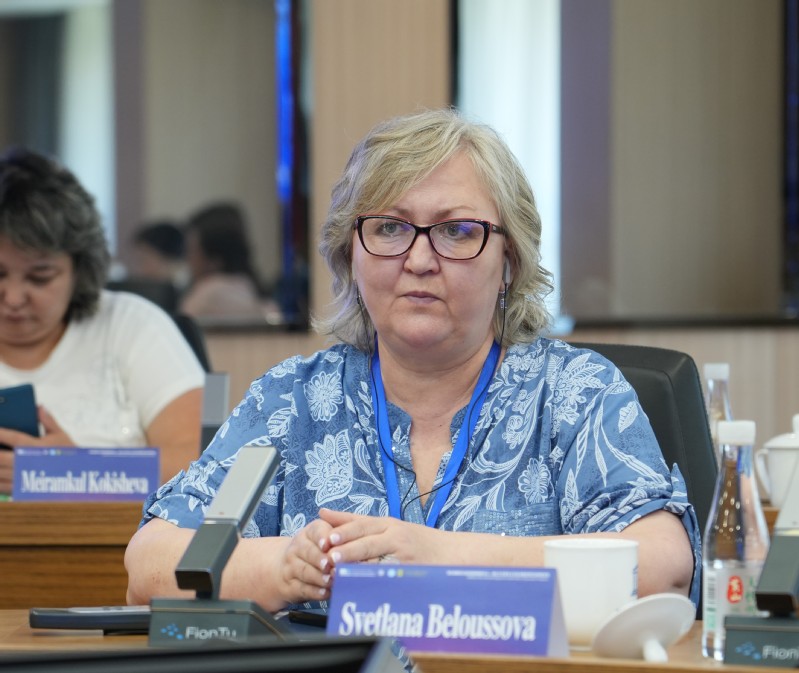
Throughout the one-week training program, multiple on-site visits were conducted. Participants had an immersive experience of a smart school at Jinshan District No.1 Experimental Primary School, gaining a deep understanding of how AI technology is integrated into the entire process of school education, and showing great interest in the organizational logic behind technology application. At the Shanghai Natural History Museum, they witnessed how interactivity, fun, and technology-enhanced learning principles are implemented in informal educational spaces outside schools. At Shanghai Yijiao Technology Co., Ltd., the training team gained insights into the ecosystem of educational technology enterprises, the sources of innovation in educational technology, and the dialogue mechanism between educational technology product developers and the education system.
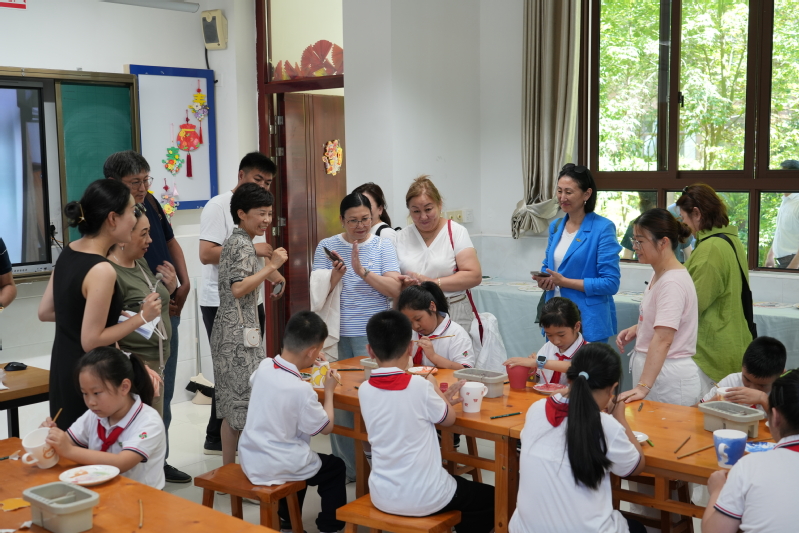
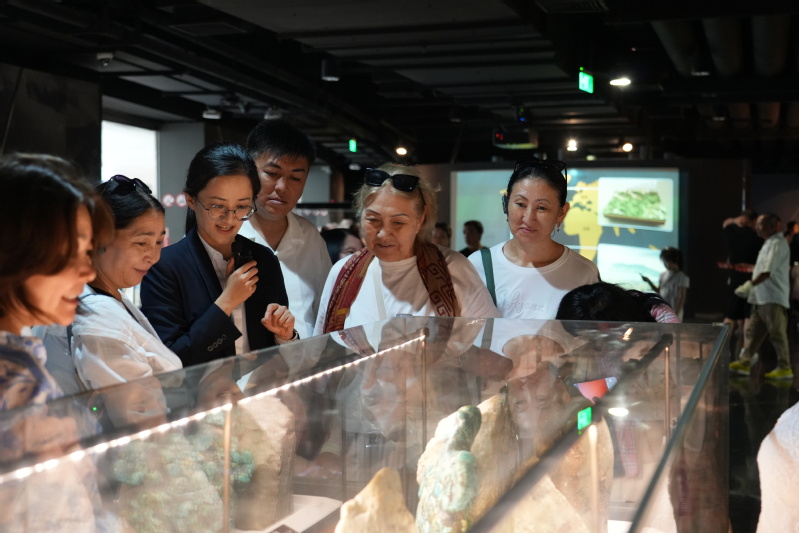
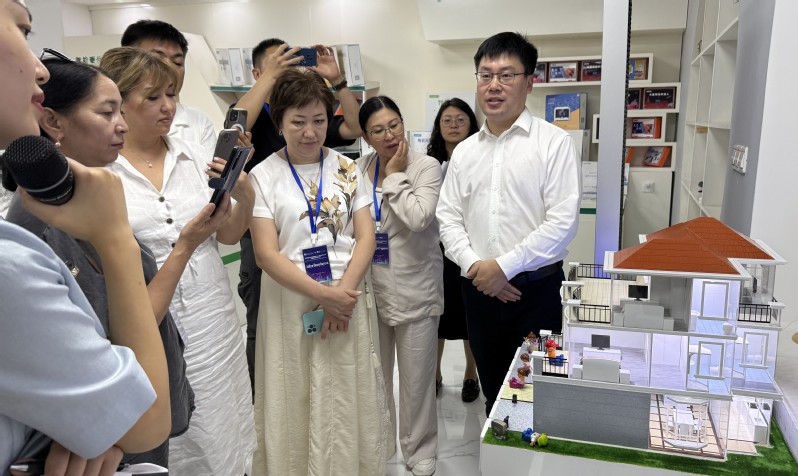
This China-Kazakhstan cooperative training program, with mutual empowerment as its core philosophy, not only systematically disseminated the experience of Shanghai’s basic education reform but also injected a multicultural perspective into China’s educational internationalization through the reverse enrichment of Kazakhstan’s educational practices. Zhanyl Zhontayeva, the Kazakh project director, stated that the conclusion of this training program is a semicolon rather than a full stop, marking a deeper step in building a China-Kazakhstan educational community. Based on this, both sides will continue to explore innovative pathways for educational governance in the digital era, providing a replicable practical model for educational connectivity under the Belt and Road Initiative.




